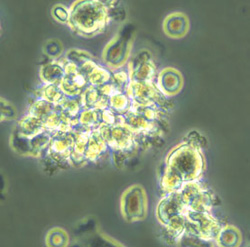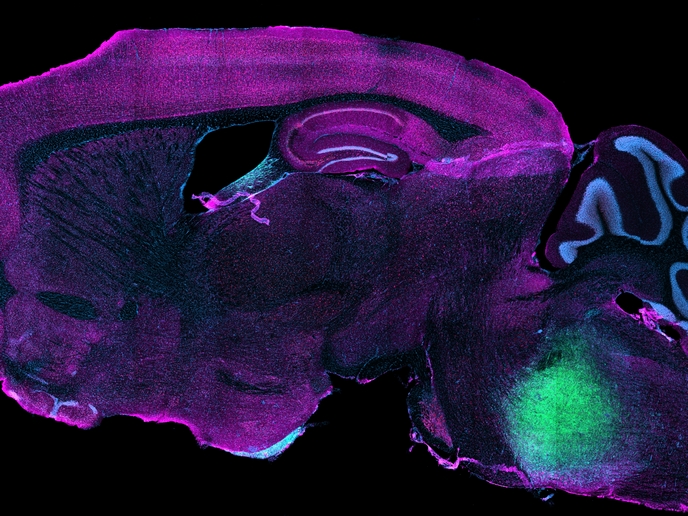Stepping up immune responses against swine fever
The effects of an outbreak of swine fever are daunting for the pig market, especially for producers. Measures to contain the disease include a ban on meat movement, export, and slaughter and burning of carcasses on affected farms. These huge social and economic costs provided the catalyst for research by the European project IMPCSF into marker vaccines that could provide early protection. This in turn may limit the duration and subsequent cost of any outbreak. Scientists are faced with an array of possibilities for the immunogenic element of the vaccine, its system of delivery and the use of adjuvants to improve the performance of the vaccine. Imunogens include synthetic nanoparticles, virus-like particles, viral proteins or nucleic acids. For delivery, virosomes and ligands promoting their uptake are available. At the Institute of Virology and Immunoprophylaxis in Switzerland, project partners developed high-throughput culture systems for the evaluation of the most potent combinations for vaccine development. Together with the most appropriate delivery mechanisms and adjuvants, the ability of the most promising vaccines to stimulate both innate and adaptive immune responses was evaluated. Monocyte derived dendritic cells were used as antigen presenting cells to monitor T cell responses. Particularly successful for antigen delivery was messenger RNA (mRNA). The team found that transfection using mRNA had many advantages over other methods. In particular, the fact that mRNA transfected antigen presenting cells can display the full range of antigenic determinants. The team also developed a screening system for isolating promising vaccine adjuvants for potential use in emergency outbreaks. They used cells that naturally produced high levels of interferon (NIPCs) to produce vaccines that induce high concentrations of interferon-alpha. Movement of meat products within Europe is a large economic concern. One of the possible drawbacks of this movement is the spread of diseases like classical swine fever. The development of effective vaccines and adjuvants could lessen the impact of imported viruses.







